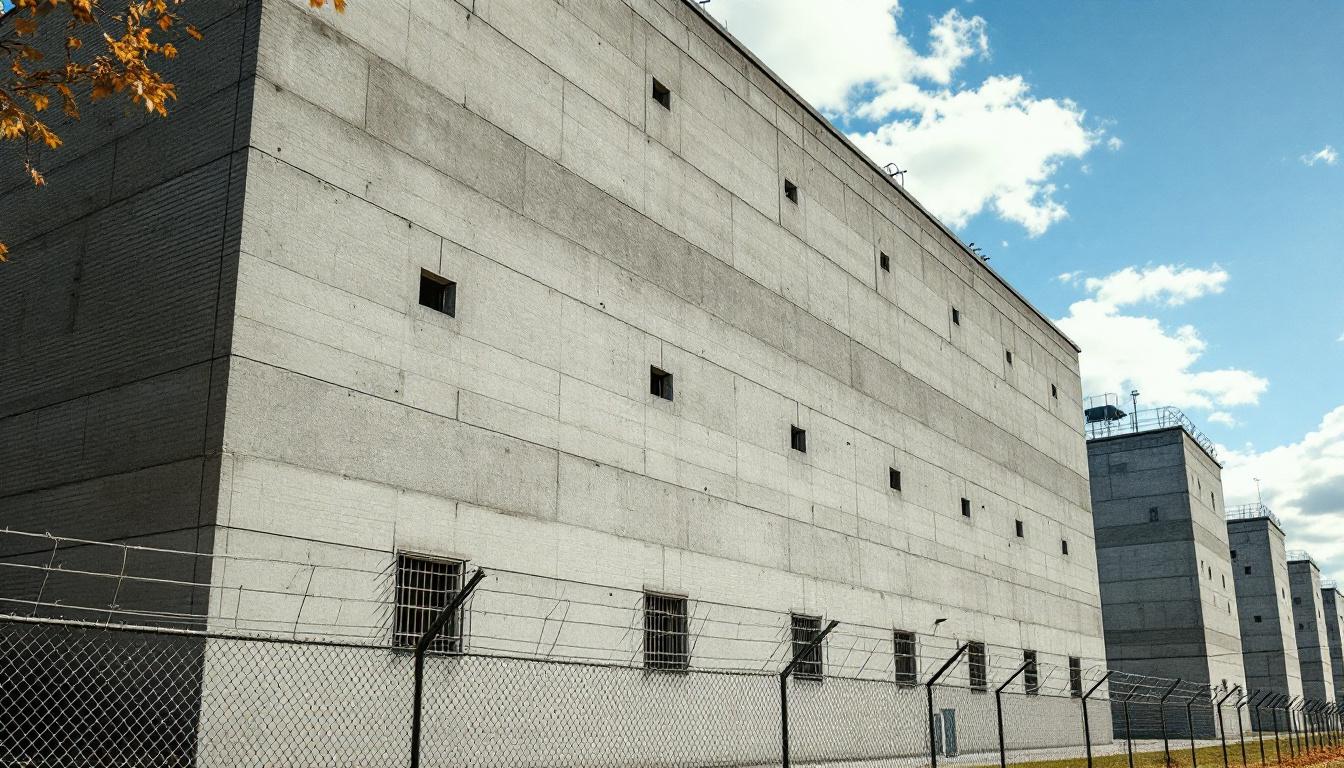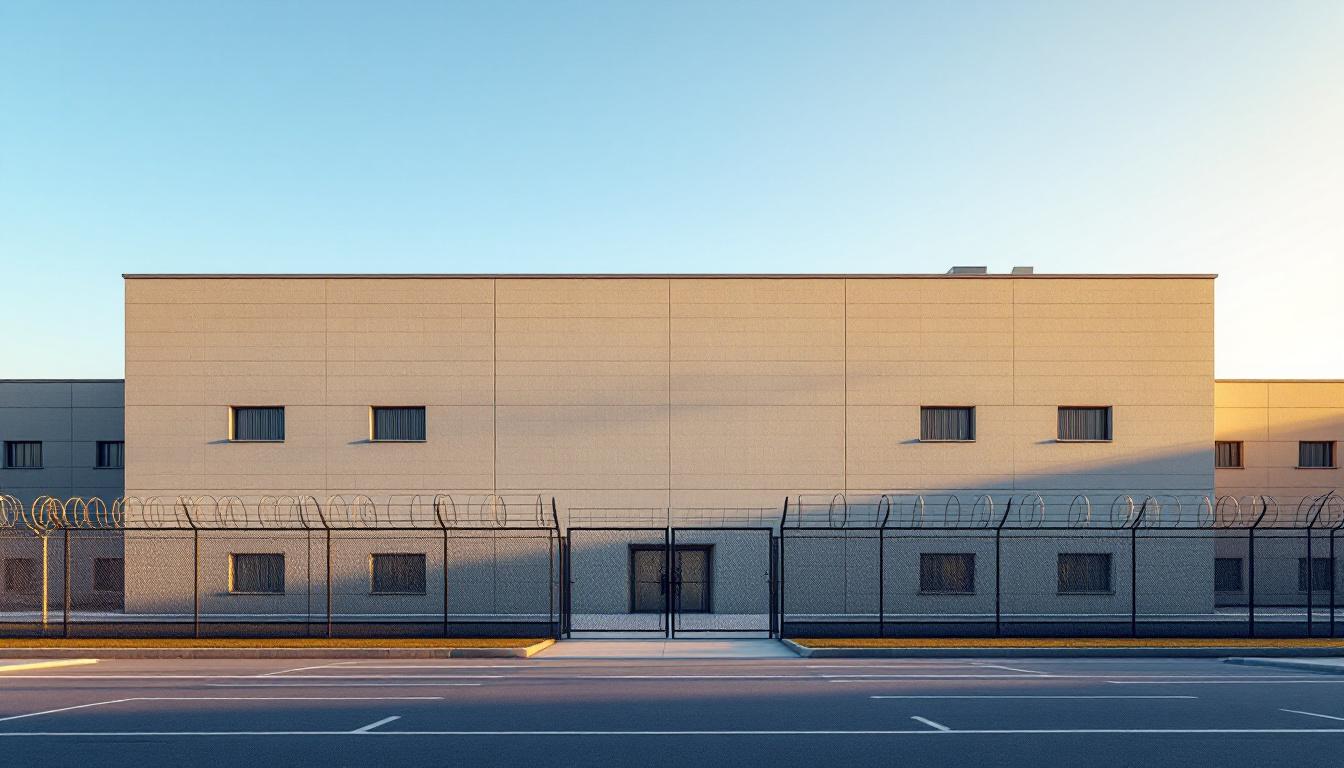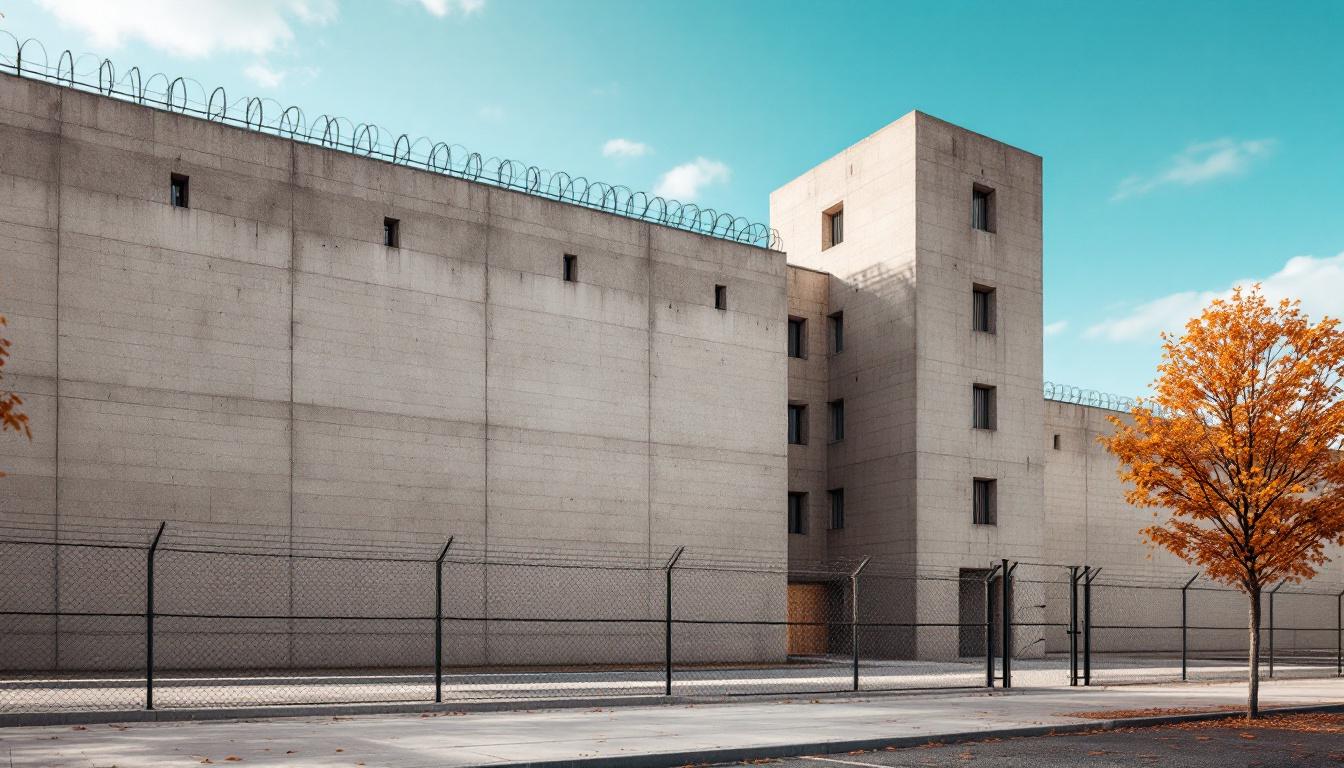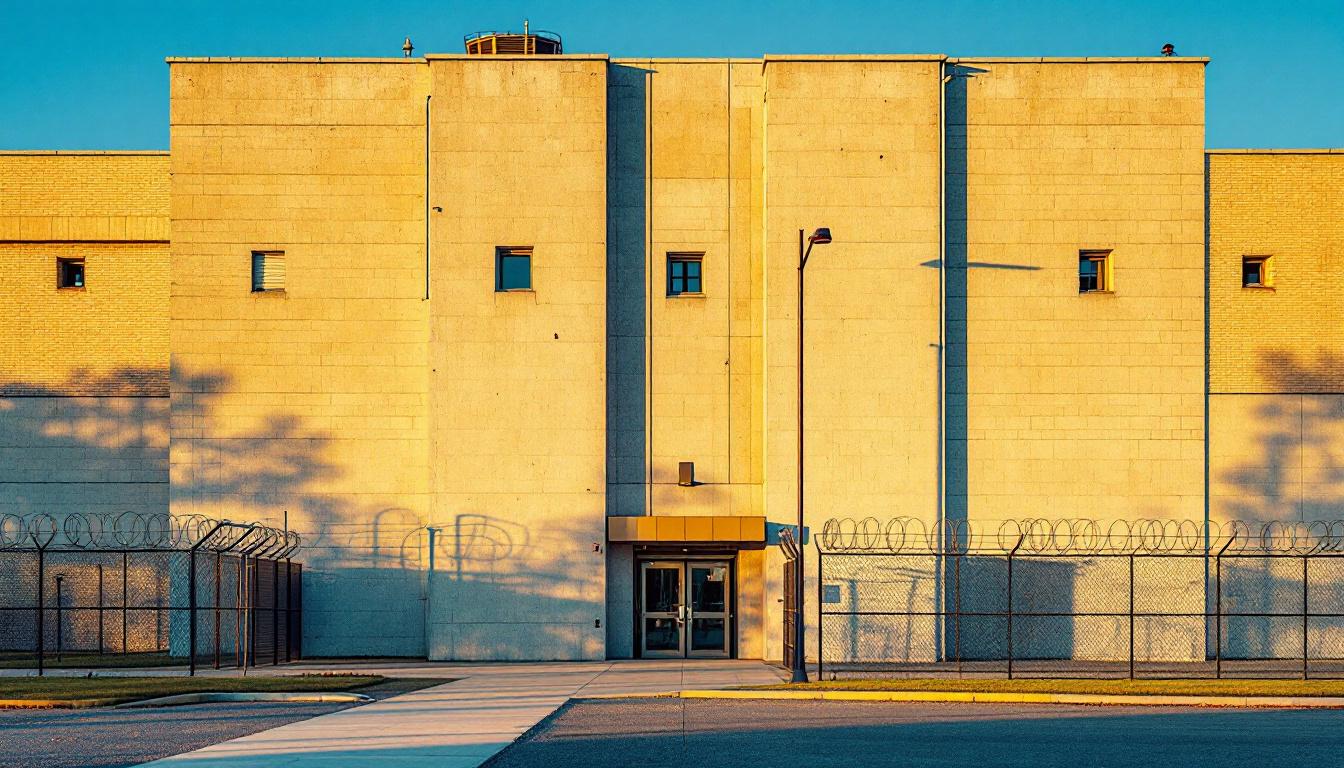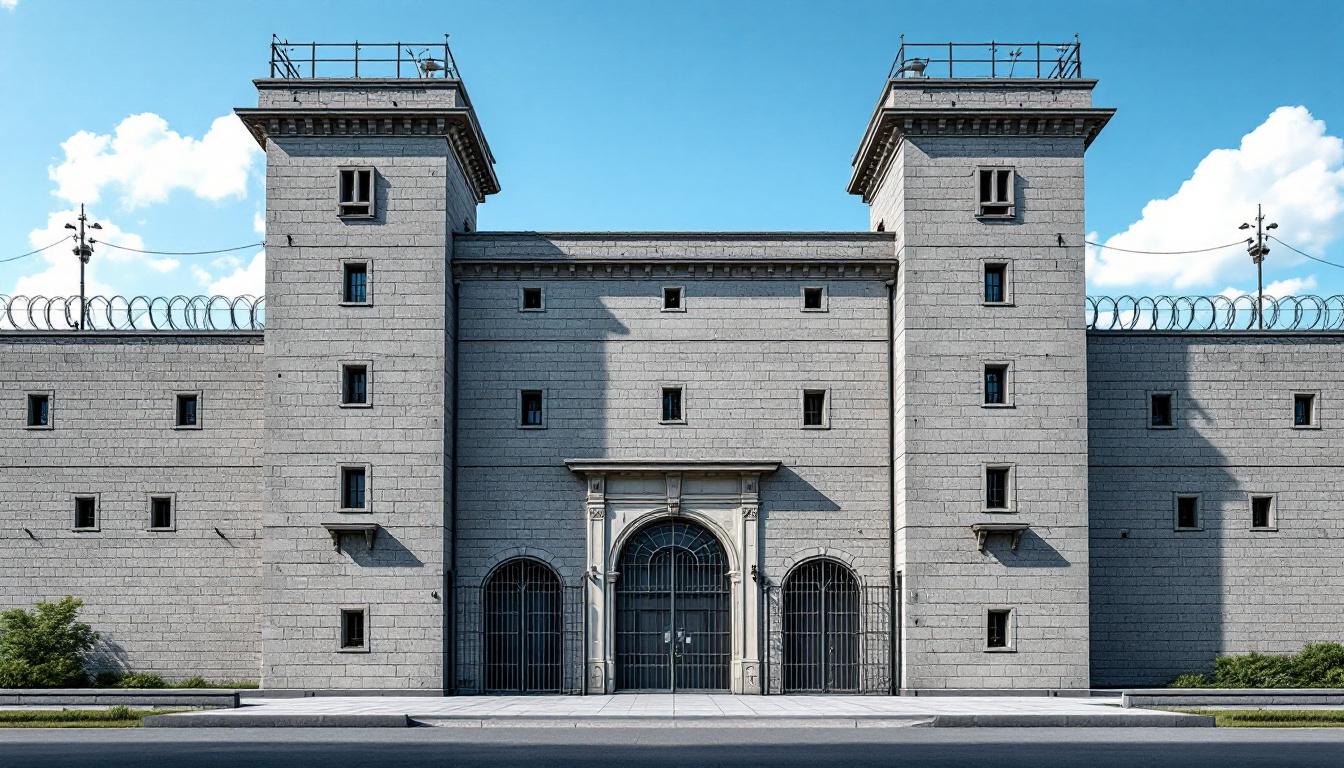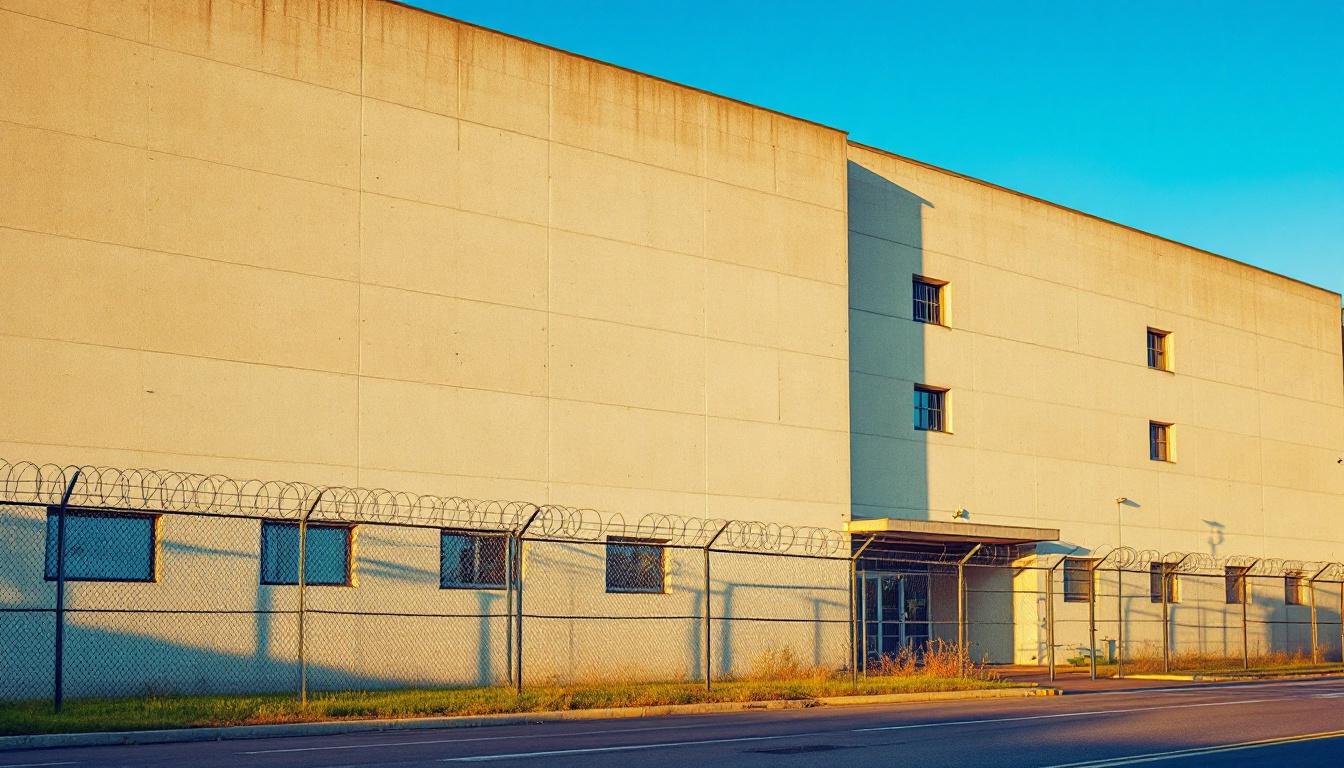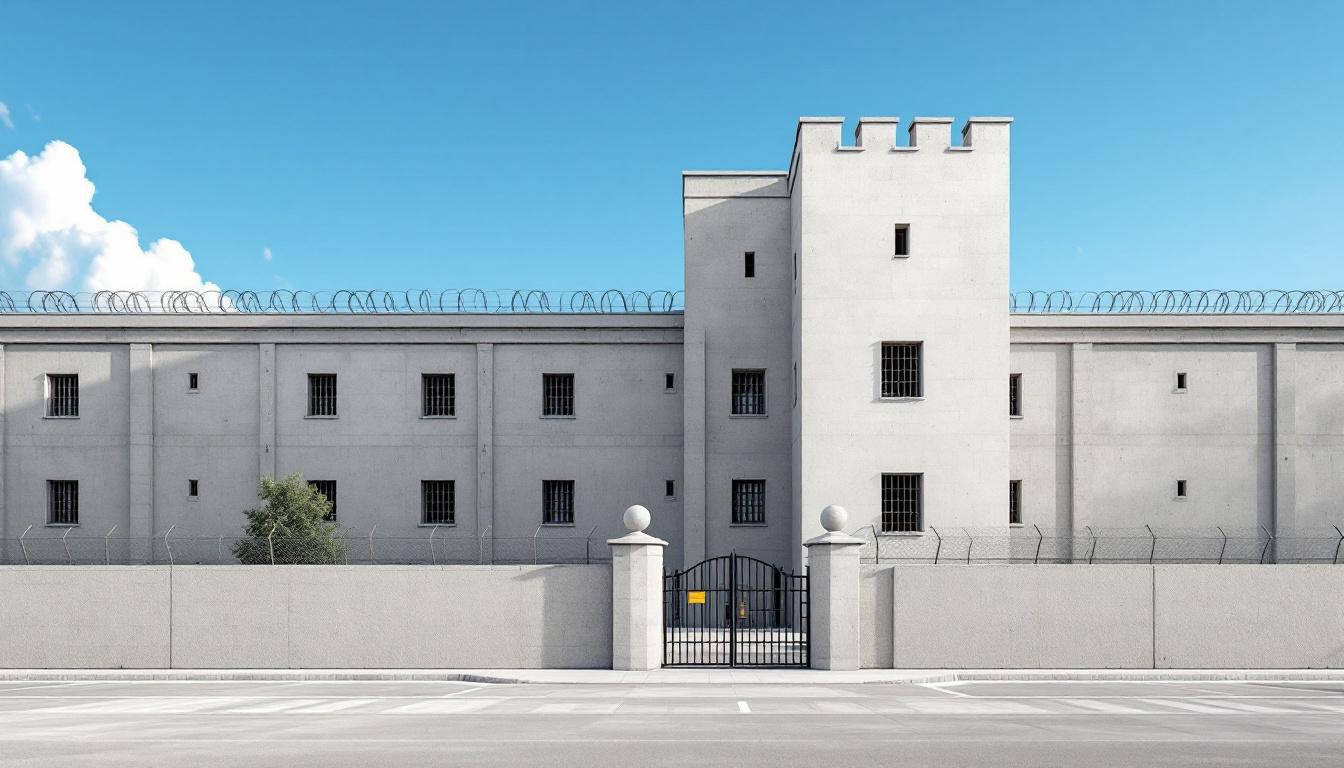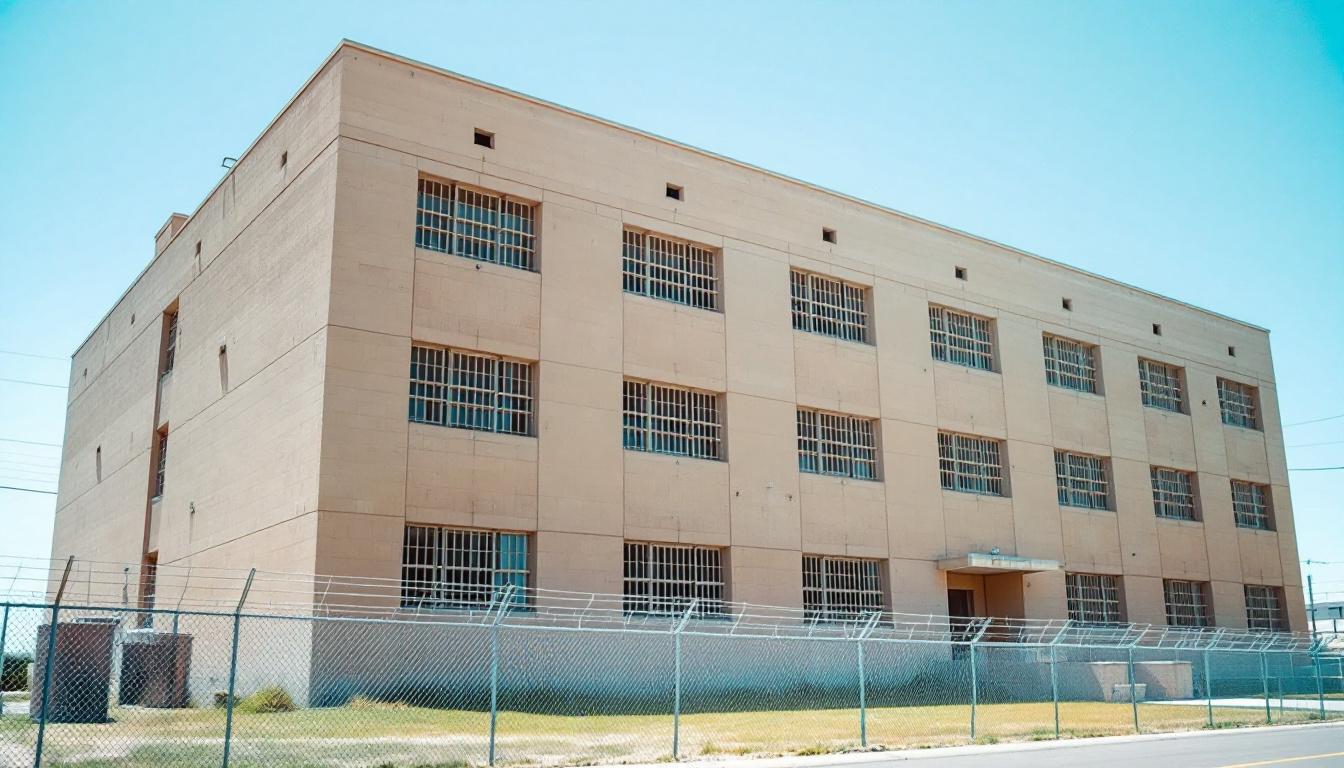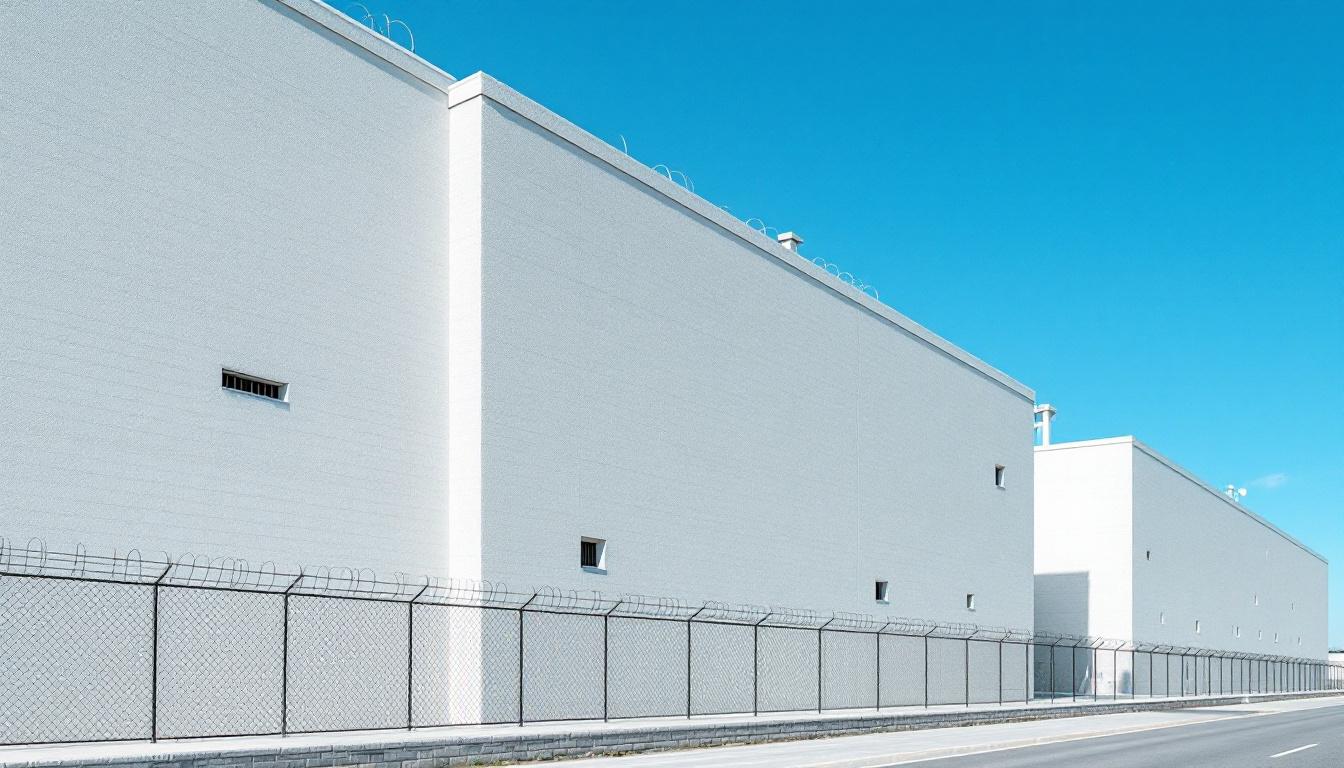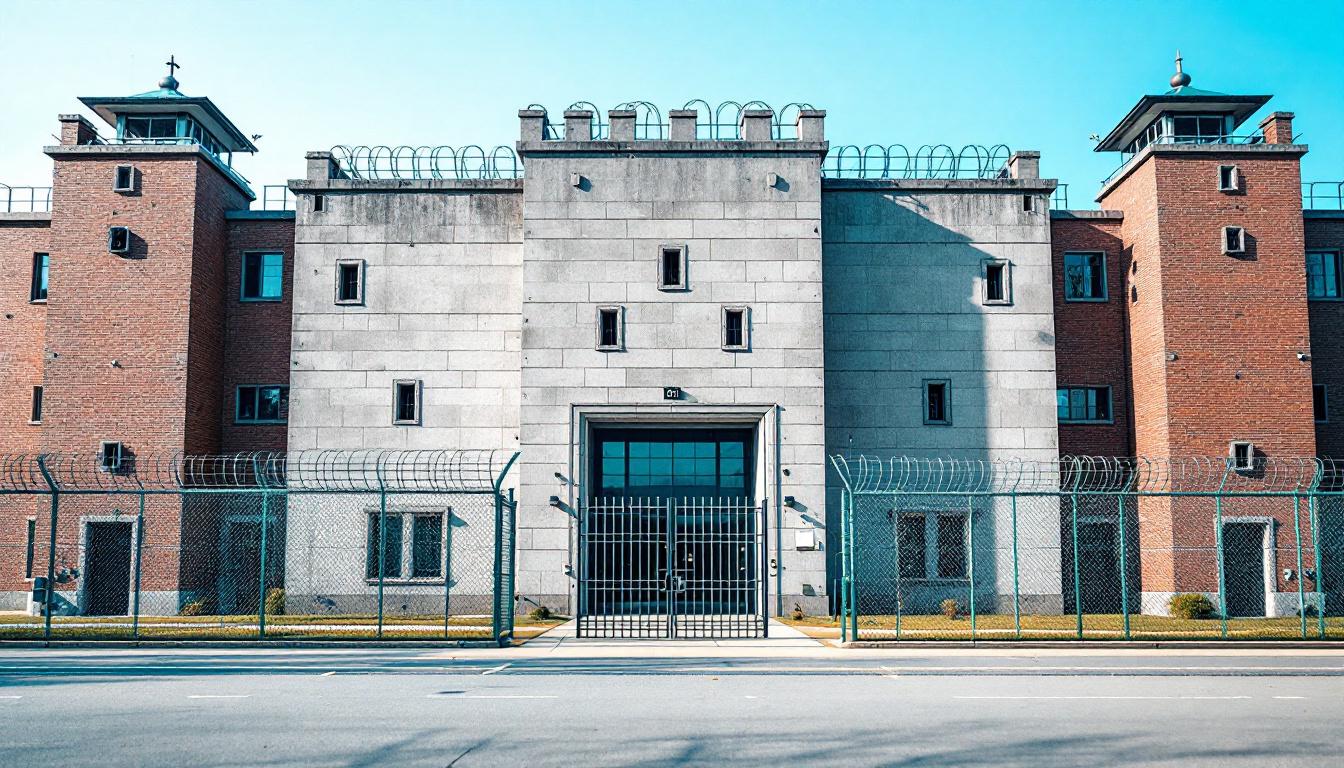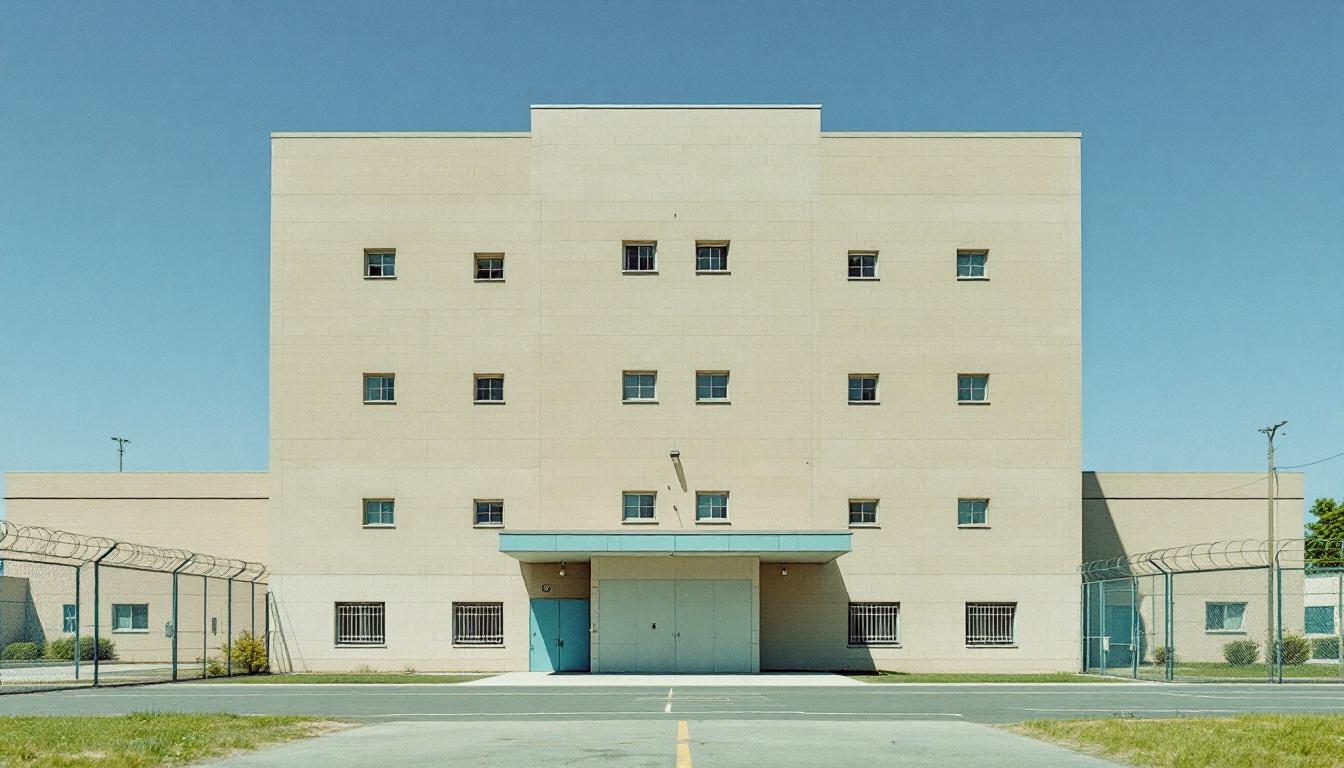
Quick Navigation
How to contact an inmate at Lehigh County Jail
This comprehensive guide will walk you through how to connect with an inmate at Lehigh County Jail. Follow the steps below to find an inmate and send letters and photos:
- Search for the inmate using our search tool below
- Create your account or log in to Penmate
- Write your message (up to 6,000 characters)
- Send instantly - inmates receive printed copies daily
Find an Inmate
Search for an inmate to start communicating today
Tip: You can search by first name, last name, or inmate ID number
To contact a person at Lehigh County Jail start by searching for the person on the official facility website. Perform a search by following these steps:
- Step 1: Enter their first name and last name into the search form and click "Search"
- Step 2: Locate their inmate record
- Step 3: Write down their Inmate ID and any housing information provided
Important! Be sure to enter the person's full name. Nicknames should not be used.
How to Send Messages to Inmates

You can use your phone or computer to send emails, letters, and photos to an inmate. Messages are sent electronically to inmate tablets or kiosks at the facility. If you would like to send a message, start by searching for an inmate at Lehigh County Jail.
Sending Photos and Postcards

A great way to send love and support to a loved one at Lehigh County Jail is to send photos and postcards. It only takes a few minutes to send photos from your phone and it makes a huge difference. You can also mail postcards with words of support and inspiration, or design your own postcard for special moments like birthdays and holidays.
Important! Be sure not to send any explicit photos or they may not be approved by the facility. You can also use a photo printing app like Penmate to make sure your photos are printed at the correct size (4x6 or 3x5) and are mailed according to the rules and regulations of Lehigh County Jail.
Frequently asked questions about Lehigh County Jail
-
How long does it take to deliver a message?
If you're sending an email message your letter is usually delivered within 24-48 hours. For messages sent via mail you should expect delivery within 3-7 days. All messages will need be approved by Lehigh County Jail.
-
How much does it cost to send a message to Lehigh County Jail?
You can send a message free using your phone or mail a message via USPS for the price of a $0.60 stamp and envelope. You can also purchase credits or e-stamps from services starting at $1.99.
-
What services can I use to contact an inmate at Lehigh County Jail?
Penmate
You can use Penmate to send letters and photos to an inmate from your phone. It's an easy way to stay in touch during your loved one's incarceration. Use the inmate locator to find an inmate's location and contact information, then you can send messages within a few minutes.
Securus messaging
Securus may be another option for communicating with an inmate at Lehigh County Jail. You can create a friends and family account and purchase credits to send messages. All messages will be reviewed and must be approved by the facility.
JPay
Some county jails and state prisons may support sending messages with JPay. You must register an account with the system, find your loved one, and purchase stamps to send messages. For some locations you can also attach photos.
Smart Jail Mail
You may also check if Smart Jail Mail is available at Lehigh County Jail. Smart Jail Mail is operated by Smart Communications and has contracted with some state and county jails. After purchasing credits, your messages and photos are sent to the facility, printed out, and then handed out to your loved one.
-
What is the mailing address of Lehigh County Jail?
Mailing address:
Lehigh County Jail
38 N 4th St
Allentown, PA 18102
Phone: (610) 782-3270Business hours:
- Monday: 8:00 AM – 4:30 PM
- Tuesday: 8:00 AM – 4:30 PM
- Wednesday: 8:00 AM – 4:30 PM
- Thursday: 8:00 AM – 4:30 PM
- Friday: 8:00 AM – 4:30 PM
- Saturday: 8:00 AM – 4:30 PM
- Sunday: 9:00 AM – 1:00 PM
-
What are the visiting hours at Lehigh County Jail?
Visiting hours at Lehigh County Jail vary by housing unit and security level. Generally, visits are scheduled on weekends and holidays, with some facilities offering weekday visits. Contact the facility directly at (610) 782-3270 or check their website for the current visiting schedule. Visits typically last 30-60 minutes and must be scheduled in advance.
-
What items are prohibited when sending mail to Lehigh County Jail?
Prohibited items typically include: cash, personal checks, stamps, stickers, glitter, glue, tape, staples, paperclips, polaroid photos, musical or blank greeting cards, hardcover books, magazines with staples, and any items containing metal or electronics. Only send letters on plain white paper with blue or black ink. Photos must be printed on regular photo paper (no Polaroids). Always check with Lehigh County Jail for their specific mail policies.
-
How do I send money to an inmate at Lehigh County Jail?
You can send money to an inmate at Lehigh County Jail through several methods: 1) Online using JPay, Access Corrections, or the facility's approved vendor, 2) Money orders mailed directly to the facility with the inmate's name and ID number, 3) Kiosks located in the facility lobby, or 4) Over the phone using a credit or debit card. Fees vary by method, typically ranging from $2.95 to $11.95 per transaction.
-
Can I schedule a video visit with an inmate at Lehigh County Jail?
Many facilities now offer video visitation as an alternative to in-person visits. At Lehigh County Jail, video visits may be available through services like Penmate, Securus Video Connect, GTL, or ICSolutions. Video visits typically cost $10-20 for 20-30 minutes and must be scheduled in advance. You'll need a computer or smartphone with a camera and reliable internet connection. Contact the facility for their specific video visitation policies and approved vendors.
-
What identification do I need to visit an inmate at Lehigh County Jail?
All visitors must present valid government-issued photo identification such as a driver's license, state ID, passport, or military ID. Minors must be accompanied by a parent or legal guardian who can provide the minor's birth certificate. Some facilities require visitors to be on the inmate's approved visitation list, which may require a background check. Contact Lehigh County Jail for specific ID requirements and visitor approval procedures.
-
How can I find out an inmate's release date?
To find an inmate's release date at Lehigh County Jail, you can: 1) Use the online inmate search tool if available, 2) Call the facility's records department, 3) Contact the inmate's case manager or counselor, or 4) Have the inmate provide this information during a call or visit. For privacy reasons, some facilities only release this information to immediate family members.
Facility Overview
Official Website
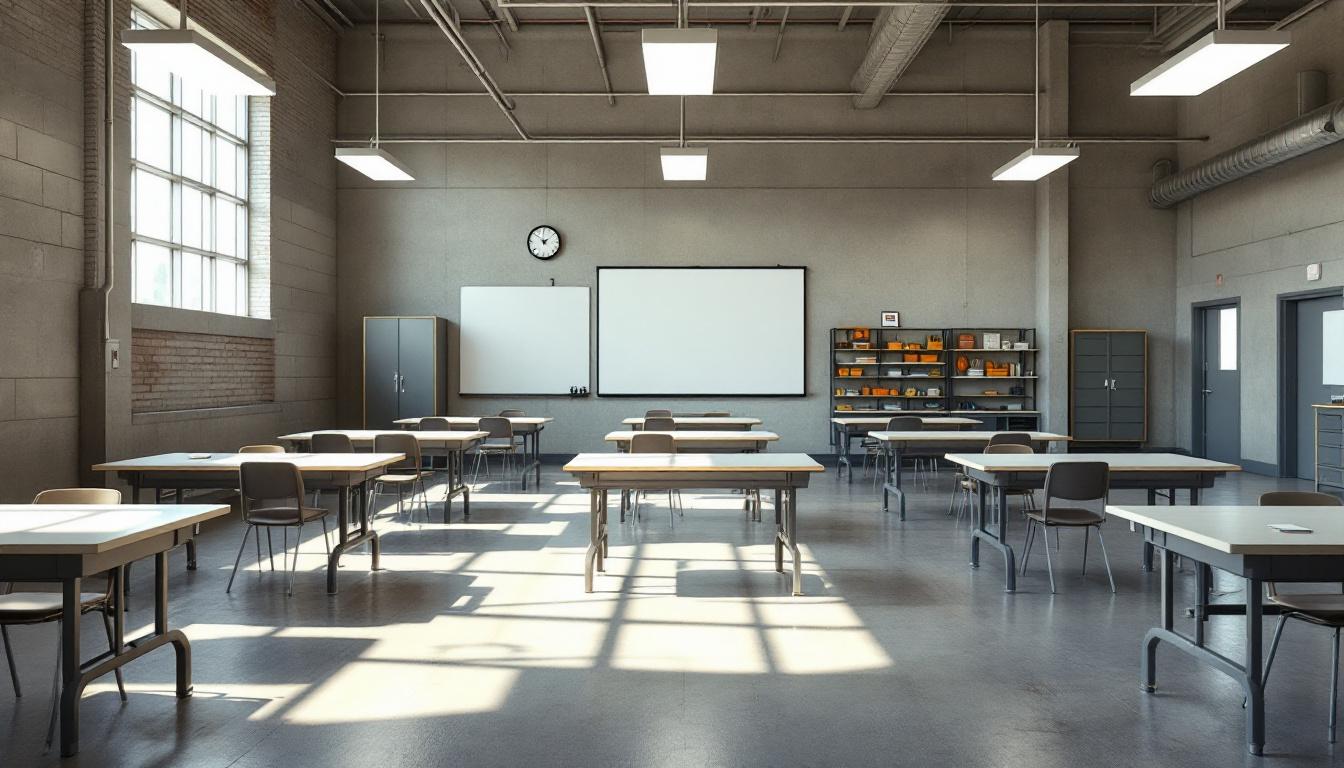
About Lehigh County Jail
Comprehensive support services and rehabilitation programming form the foundation of operations at this PA correctional facility, which serves the Phoenix community and surrounding Lehigh County region. The facility typically offers educational opportunities, substance abuse counseling, mental health services, and vocational training designed to help individuals prepare for successful reintegration into their communities. Medical care, library access, and religious services may also be available to support the diverse needs of the incarcerated population.
Within Pennsylvania's broader correctional framework, Lehigh County Jail, PA functions as a crucial component of the regional justice system, housing individuals awaiting trial as well as those serving shorter sentences. The facility generally maintains connections with local courts, probation services, and community organizations to facilitate case processing and support continuity of care. Located in Phoenix, this county jail often serves as a bridge between the judicial process and community-based programs, working to address underlying issues that may contribute to criminal behavior while maintaining public safety priorities throughout the mid-Atlantic region.
Programs & Services
The multifaceted approach to individual development within Lehigh County Jail encompasses a comprehensive array of opportunities designed to address the diverse needs and circumstances of those in custody. This holistic framework recognizes that meaningful rehabilitation requires addressing educational deficits, vocational skills gaps, and underlying personal challenges through coordinated programming. The facility's commitment to providing varied pathways for growth reflects an understanding that successful reintegration depends upon equipping individuals with practical tools and personal insights necessary for sustained positive change.
Educational and vocational opportunities form a cornerstone of the facility's comprehensive offerings, with programming that typically includes GED preparation for those seeking to complete their high school education. Vocational education initiatives may offer training in various trades and technical skills, providing individuals with marketable abilities that can facilitate employment upon release. These educational components often feature structured curricula designed to accommodate different learning styles and educational backgrounds, ensuring that participants can progress at an appropriate pace while building both academic knowledge and practical competencies.
Moreover, therapeutic and support services complement the educational framework through substance abuse treatment programs that address addiction-related issues many individuals face. Therapeutic communities may provide structured environments where participants can engage in intensive recovery work alongside peers facing similar challenges. Chaplaincy programs often offer spiritual guidance and counseling services, providing another dimension of support for those seeking personal reflection and growth during their incarceration. This integrated approach to programming recognizes that lasting change requires addressing multiple aspects of an individual's circumstances and personal development needs.
Daily Life & Visitation
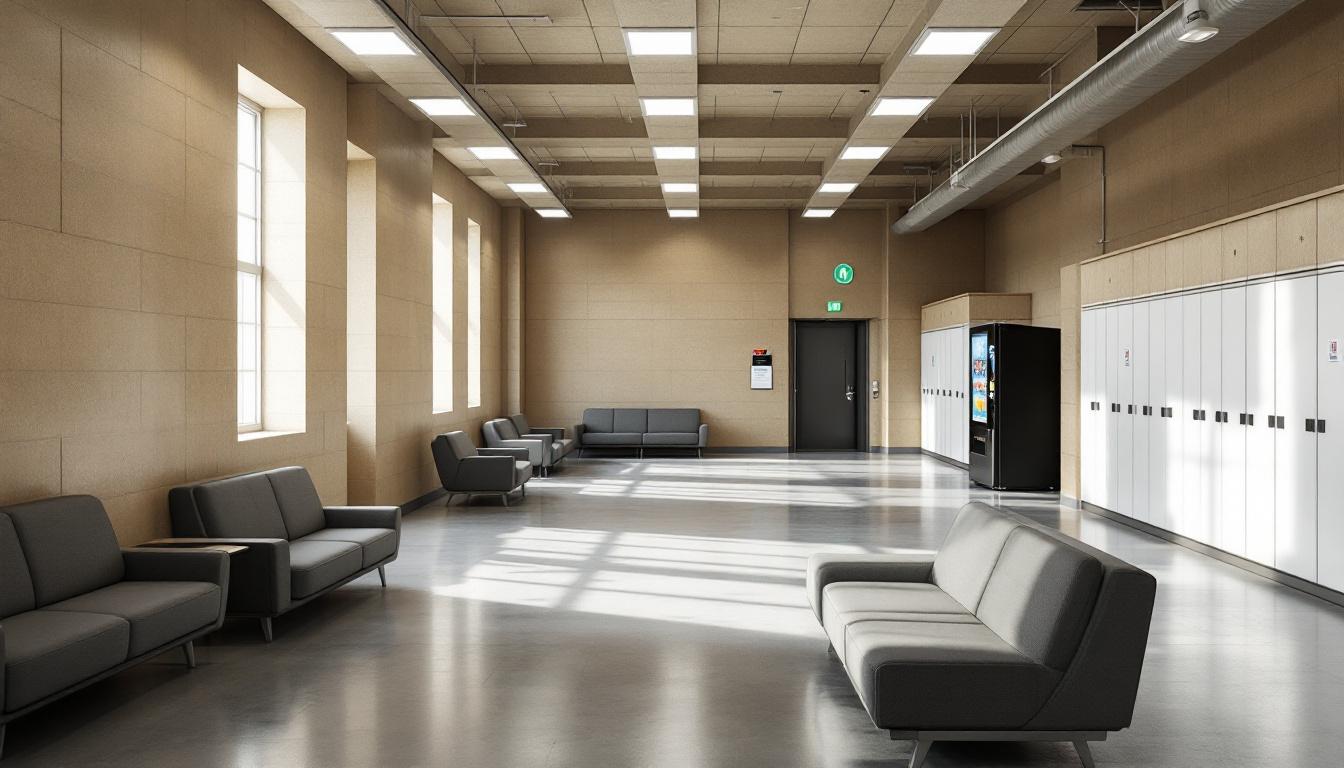
The steady rhythm of institutional life begins well before dawn breaks over the Lehigh Valley, as individuals at present find themselves navigating a carefully structured environment that actively balances security requirements with opportunities for personal development and connection. Daily routines typically commence with early morning counts and meal service, followed by work assignments, educational programming, or recreational periods that generally extend throughout the daylight hours. The facility actively maintains consistent scheduling to provide predictability, though individuals may find their specific activities varying based on housing classification, disciplinary status, and available programming slots.
Living accommodations within the facility typically consist of multi-occupancy cells or dormitory-style housing units, where individuals generally share space with one or more roommates and have access to basic amenities including bedding, personal storage areas, and shared bathroom facilities. Moreover, the housing environment often includes common areas where individuals may gather during designated periods, though movement throughout the facility usually requires staff supervision and adherence to established security protocols. Personal property allowances typically include essential items such as clothing, hygiene products, and limited personal effects, while commissary services generally offer additional comfort items and snacks that individuals may purchase with funds from their institutional accounts.
Programming opportunities typically offer structure through various educational classes, vocational training sessions, and recreational activities that may include library access, television viewing periods, and outdoor exercise time when weather and security conditions permit. Whereas daily work assignments often provide individuals with purposeful activity and modest compensation, family connections remain actively supported through scheduled visitation periods, telephone privileges, and mail correspondence that generally operates under standard institutional guidelines. Moreover, religious services and counseling programs typically offer additional support systems, helping individuals maintain important personal relationships and work toward rehabilitation goals during their time at the facility.
Ready to Connect?
Start communicating with your loved one today
Search for an Inmate
